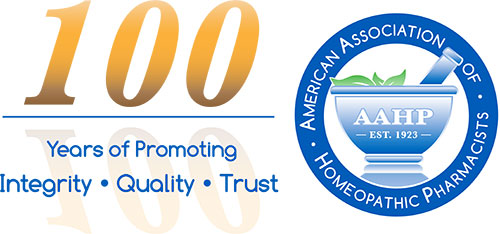Labeling homeopathic medicines for self-care
The U.S. Food and Drug Administration’s (FDA) electronic database of drug products contains more than 7,000 listings for over-the-counter (OTC) homeopathic products. The AAHP estimates that this number represents about half of the homeopathic drug products marketed in the United States because many labelers still maintain paper listings with FDA. Half of the listings included reviewable indications. The majority included indications for use amenable for self-diagnosis and treatment, which is the legal requirement for a products to be sold OTC. Areas of opportunity for label improvement include:
- Word choice — Carefully select the correct medical terms, especially for terms not familiar to or often misunderstood by consumers. For example, “occasional sleeplessness” is an OTC indication while “insomnia” is an Rx indication.
- Vagueness — Avoid indications for use that lack qualifiers, such as “viral conditions.”
- Nutritional claims — Avoid label statements referring to organ or system function versus disease relief, such as “supports immune health,” which is a diet supplement structure/function claim.
- Emotional symptoms — Emotional symptoms are important in homeopathic diagnosis and may be qualifiers for use of a specific medicine. OTC medicines should not, however, include emotional symptoms requiring a physician’s diagnosis and treatment, such as “depression.”
- Prescription indications — Avoid indications or conditions that require diagnosis and treatment by a physician, such as “heart failure.”
The Durham-Humphrey Amendment of 1952 simplified previous distinctions used by FDA when defining prescription versus OTC healthcare products. Today, codified in the Federal Food, Drug, and Cosmetic Act at 503(b)(1)(A), it provides some guidance:
…drug to be dispensed only by a prescription if, “because of its toxicity or other potentiality for harmful effect, or the method of its use, or the collateral measures necessary to its use, [it] is not safe for use except under the supervision of a practitioner licensed by law to administer such drug.”
Clear and effective indications help guarantee a successful consumer experience with your product. To the contrary, poorly developed indications may confuse or alienate consumers away from your brand. The AAHP recommends that labelers of homeopathic drug products take advantage of medical and legal expertise, including current drug regulations, when developing indications for OTC drug products.
